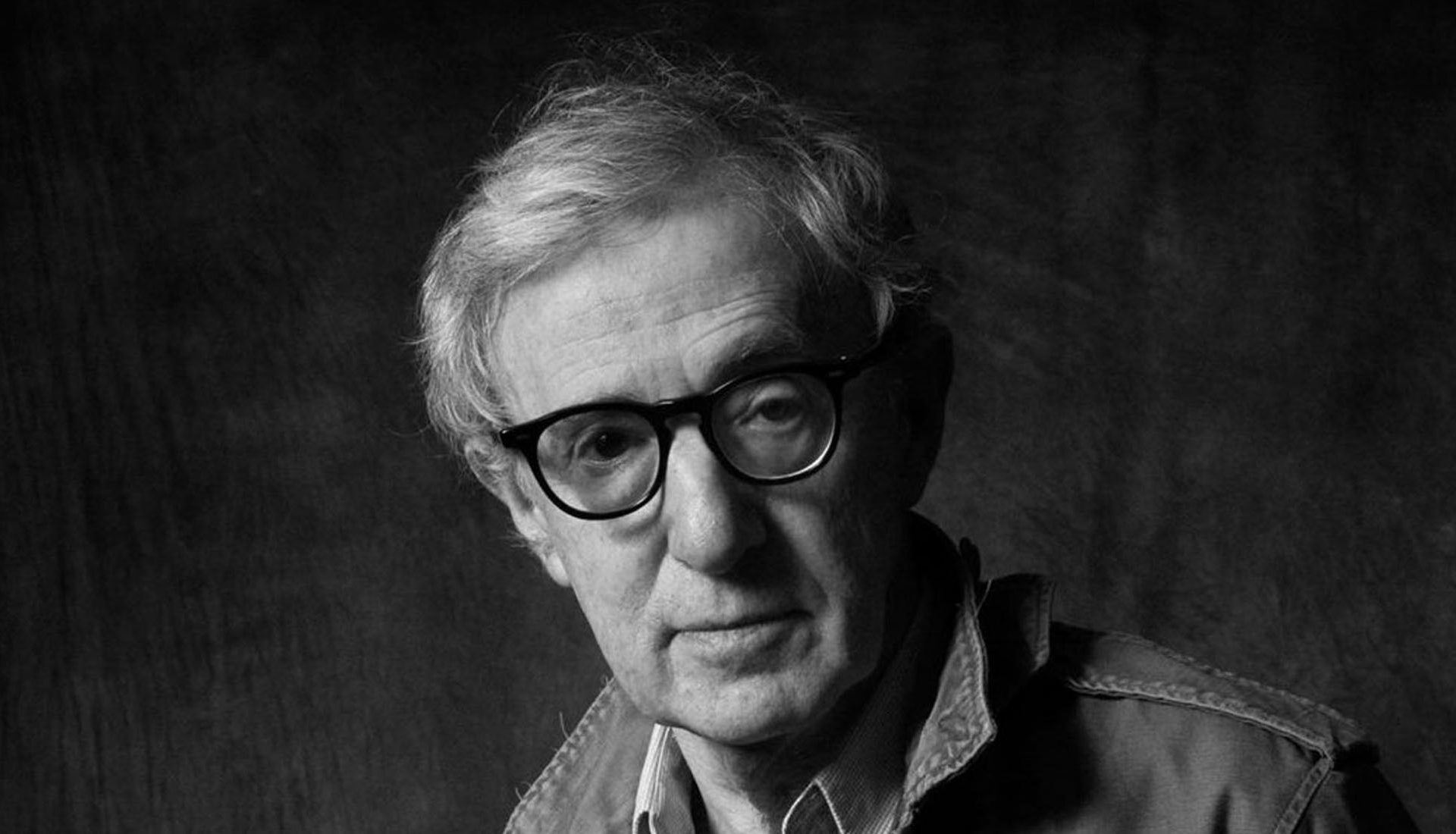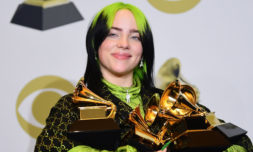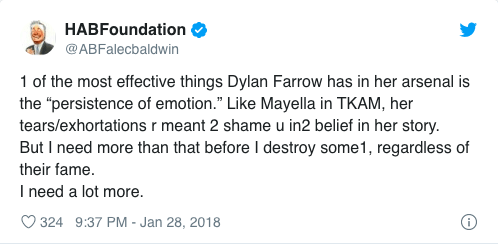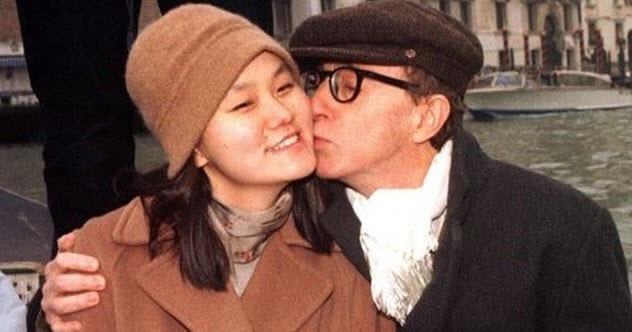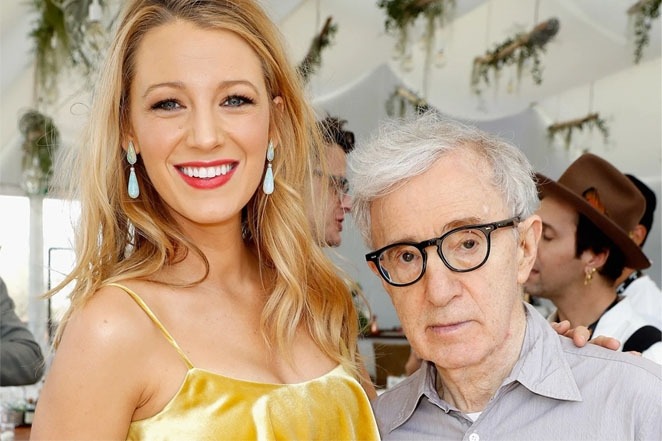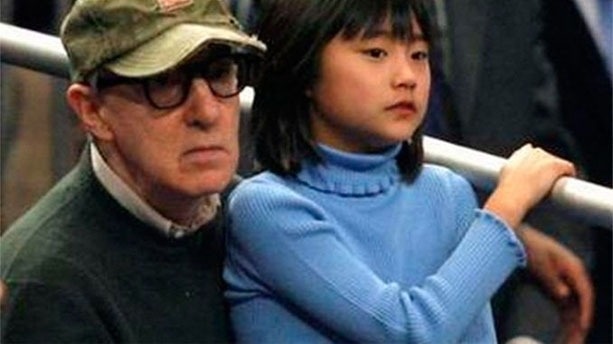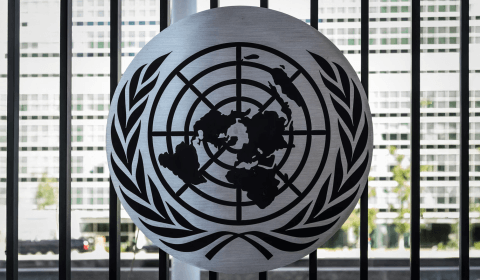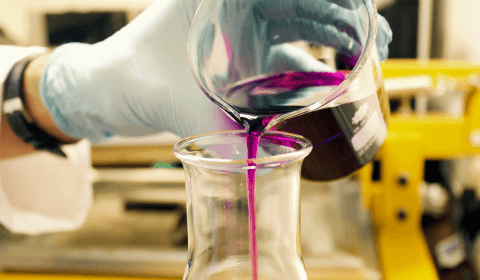Hollywood actors who support female empowerment but bury their head in the sand about Woody Allen’s abuse allegations need to check themselves.
Nothing in this world is definitive, and the Westphalian system of government relies on a presumption of innocence until proven guilty. But there are few things you can be pretty damn sure about. We can be pretty sure that that the sun is going to emit heat for the next couple million years.
We can be pretty sure that tomorrow, the trains will run (but not necessarily on time). We can also be pretty damn sure that Woody Allen is a creep.
Most people are aware of Woody Allen as one of a coterie of white male directors famous for making movies for other white males, about themselves. If you were to say his name in the average populated room the reactions would probably be some combination of, ‘the guy that did Annie Hall?’ ‘that Jewish guy who’s obsessed with New York?’, and ‘that director with the stupid glasses?’
A word you’d be unlikely to hear is ‘paedophile’.
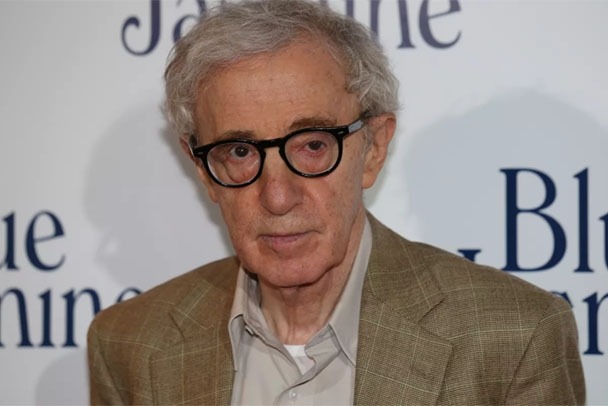
Weirdly, this is not the case for Allen. Though his background doesn’t include quite the prolific dedication to creeping that Weinstein displayed, Allen has been credibly accused of sexual assault. Sickeningly, the accusation comes from his adopted daughter.
32-year-old Dylan Farrow has authored two op-eds and given an interview about the time in 1992 when, as a seven-year-old, Woody Allen, who adopted her when she was still in a crib and who she called ‘dad’, took her into her mother’s attic and sexually assaulted her.
Her mother accused Allen of the assault that same year, and a court case ensued that saw family members and child care workers come forward to attest to a pattern of inappropriate behaviour they’d witnessed from Allen towards Dylan – undressing her, making her climb naked into bed with him, constant grooming and touching, and other classic father/daughter activities.
In the first legal deposition of the allegations a judge denied Allen custody of Dylan, writing that ‘measures should be taken to protect’ her from her father. Another prosecutor took the unusual step of announcing that he had probable cause to charge Allen with sexual assault but declined in order to spare her, a ‘child victim’, from an exhausting trial.
It’s a testament to Allen’s public relations teams and his lawyers that this controversy has been all but buried when it should be the first thing that comes up when you Google him. It also speaks to the forces that have historically protected men like Allen, Weinstein, and Spacey: the money and power deployed to make what should be a simple case look like grey matter, and to massage the story.
Since these allegations became public Allen has continued to make about one movie every year, working with stars such as Cate Blanchett, Kate Winslet, Jude Law, Emma Stone, Colin Firth, Justin Timberlake, Owen Wilson, Colin Farrell, Ewan McGregor, Hugh Jackman, Scarlett Johansson, and many, many more. His most recent feature, A Rainy Day in New York, starring Timothée Chalamet, Elle Fanning, and Selena Gomez, premieres in 2020.
Since #metoo and #timesup became the explosive and illuminating death knell for many of Hollywood’s sheltered abusers in 2017 some of these actors have been interrogated as to their involvement with Allen. Whilst some actors such as Rebecca Hall, Ellen Page, and Greta Gerwig have publicly renounced their decision to work with him, vowing to reject all future offers, others have been shamefully evasive and cagey when weighing in on the issue.









